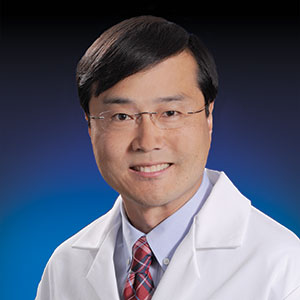ORTHOPAEDICS: You Don’t Have to Be an Athlete to Benefit From Sports Medicine
Just because you’ve never run a marathon or scored a touchdown doesn’t mean you don’t need a sports medicine specialist. If you’ve got a problem with your muscles, ligaments, joints, or tendons, a physician who’s fellowship-trained in sports medicine can evaluate your condition, diagnose your problem and provide treatment, from physical therapy and medications to surgical repairs.
Sports medicine physicians treat patients of all ages and activity levels and can provide care for a wide range of problems, including injuries and pain in your:
- Ankle
- Back
- Elbow
- Foot
- Hand and wrist
- Hip
- Knee
- Shoulder
“We treat people of all ages, from those who’ve been injured while participating in a sport to those who are experiencing pain caused by wear and tear,” explains Derek Papp, MD, board-certified orthopaedic surgeon and director of Sports Medicine at MedStar Good Samaritan Hospital. “Our interdisciplinary team of sports medicine specialists includes experienced physicians, nurses and physical and occupational therapists. Sports medicine fellowship training gave me invaluable experience that I use every day to help my patients. We offer the latest treatment options, including minimally invasive surgical treatment, so our patients can get back to doing what they love.”
To make an appointment, please call 877-34-ORTHO (877-346-7846).
This article appeared in the summer 2016 issue of Good Health. Read more articles from this issue.

